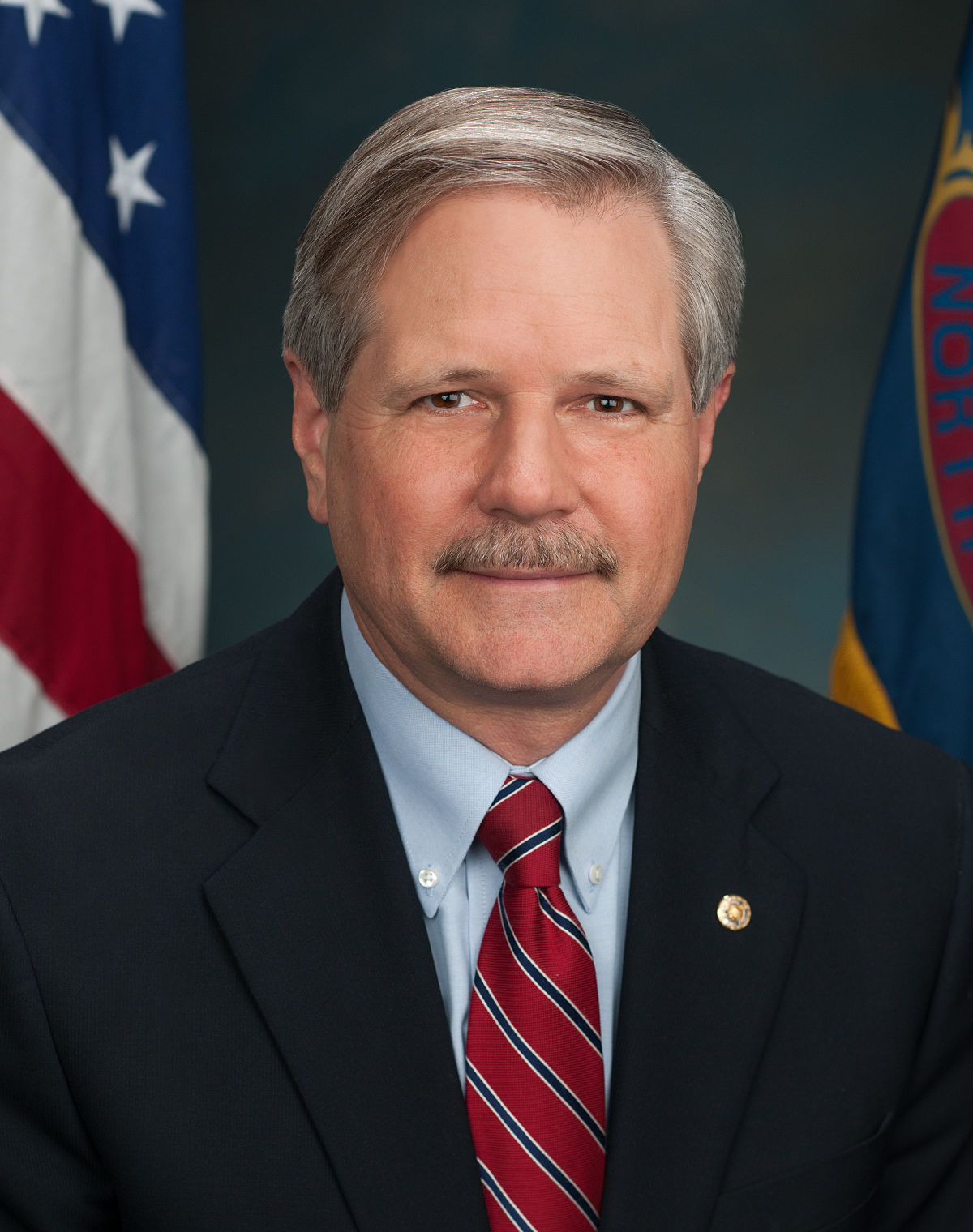-

-
Q&A with Senator John Hoeven

As COVID-19 spread throughout the country, policymakers sprang into action at our nation's capital. North Dakota's congressional team worked to ensure the legislation would provide critical support to our state’s families and businesses, and as these programs and policies take effect, they continue their efforts to keep North Dakotans informed and bring local feedback to the administration.
Senator John Hoeven and the Greater North Dakota Chamber are excited to partner to provide a Business Forum webinar on April 17 at 10:00 AM to engage with business leaders across the state. Senator Hoeven, who is hosting this event, has extended invitations to key federal agencies, giving attendees the opportunity to hear from those directly responsible for implementing the CARES Act.
As we began to set up specifics for this Business Forum, GNDC was able to ask a few questions on coronavirus effects and relief - including BND's role, economic strategies, and oil impacts.
GNDC: What’s been the atmosphere at the nation’s Capitol over the last three weeks?
Sen. Hoeven: Our efforts on Capitol Hill are centered on assisting our health care workers, families and businesses so that they have the resources and support they need to weather the challenges of COVID-19. We have reached agreement and passed three phases of the federal government’s response, and we continue efforts to ensure that our nation is responding to the health and economic challenges posed by this pandemic.
The Paycheck Protection Program (PPP) and Economic Injury Disaster Loans (EIDL) recently went live, what has been learned in this short amount of time?
These programs provide critical support to small businesses, helping them to pay their bills and keep employees on payroll while we combat the spread of the coronavirus. Further, by allowing businesses to go through their local lenders for the PPP, this program helps circumvent any backlog at SBA and allows for more immediate assistance. At the same time, we continue our efforts to ensure agriculture businesses can benefit from the Emergency EIDL program, just as they can with PPP.
What are some key components of a phase 4 coronavirus relief bill?
At this point, we are working to ensure that the Phase 3 CARES Act is administered efficiently and effectively. It is critical that these resources under the first three phases of the COVID-19 legislative response are deployed to help our health care providers and nation to beat the coronavirus, provide support for families, small businesses and our economy. Congress will continue to monitor the response to the pandemic and will continually evaluate the needs of those responding to this public health emergency in order to ensure that a phase 4 package includes the necessary resources to defeat the virus and help our economy, small businesses, employers, and families recover. As additional needs become apparent, we’ll work to support them in additional phases.
When the pandemic recedes, what needs to be done by policymakers to jumpstart the economy?
The approach we’ve taken is about keeping employees tied to their jobs and enabling businesses to restart their operations as quickly as possible once it is safe to do so. That’s key to our economic recovery. Moving forward, we’re working to ensure the PPP has the funding needed to meet the demands of the nation’s businesses and their employees, and we continue crafting the next phase of our response to stimulate the economy.
In your past life, you were a big part of the Bank of North Dakota, what do you feel can be their role in the recovery effort?
The Bank of North Dakota is undertaking important efforts that work in concert with the federal response. BND provides us with a unique opportunity to help North Dakotans through this pandemic, including through relief for those with student loans and agriculture disaster loans.
Coronavirus is negatively impacting the economy but so are issues with oil markets, what’s being done to help curb that decline?
We’ve been working closely with the administration, including President Trump and Energy Secretary Dan Brouillette, to end the oil price war and bring stability to the global energy markets. At the same time, we’ve pressed the Saudi leadership on this issue. I’ve spoken repeatedly with the Saudi Ambassador to the U.S. and the Saudi Energy Minister, stressing the need to stop the oil price war and work with the U.S. and community of nations to combat the impacts of the COVID-19 pandemic. We achieved an important step this past weekend, with Saudi, Russia and other oil-producing nations reaching an agreement to cut oil production by nearly 10 million barrels per day. However, we have more work ahead of us to maintain our nation’s energy security and help domestic producers during these historic times, which is why we will continue with our efforts to open the SPR for purchases of U.S. oil.Tell a Friend
-
The catalytic leader and unifying voice for economic prosperity throughout North Dakota.

